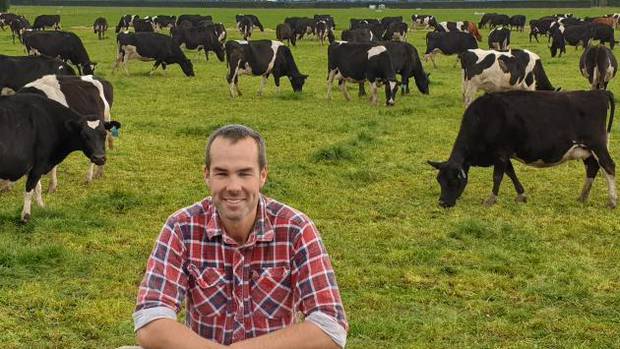
Federated Farmers North Canterbury president Cameron Henderson, an Oxford dairy farmer, said most farmers in the region were reporting a slow start to calving.
”Early in the season we don’t really supply a lot, but we normally like to be supplying milk by the 1st of August, but that certainly won’t be happening this year.
”Quite a few farmers are saying it’s delayed, so whether it’s the weather or cows are less stressed, but it’s probably a good thing.”
Henderson said he was supplying milk by July 27 last year, but there was no reason to be concerned at this stage. There was plenty of feed around, conditions were mild and the cows were happy.
The recent rain had been a welcome boost to dry paddocks and the region’s aquifers, he said.
”We knew it was going to balance out at some stage. It was getting very dry and warm as well. Usually, we would be getting some snow and a southerly by now.
”The groundwater is a bit of a concern, so the rain can bugger off now; we need some sun.”
Henderson said he was cautiously optimistic about the season ahead, as a late winter could be just around the corner, hitting farmers with snow and ice during peak calving.
While the ”on-farm stuff” was going well, it was the off-farm implications around the environment and climate change that were causing farmers the biggest headaches.
Environment Canterbury has recently notified Plan Change 7 to the Land and Water Regional Plan and Plan Change 2 to the Waimakariri River Regional Plan, following the adoption of the Waimakariri Zone Committee’s zone implementation plan addendum in December.
Submissions also recently closed on the Government’s Climate Change Amendment (Zero Carbon) Bill.
”As long as the science backs it up, is what we’ve always said. If the science says we’ve got to do it, we’ve got to do it,” Henderson said.
”But if the target becomes a popularity contest and it doesn’t make a lot of difference, we could be incurring a lot of costs for no real benefit.
”Most farmers say, ‘give us the options and tell us the goals and we can get on and do it’. We are the industry which is going to be hardest hit, so we have a vested interest to fix it.”























